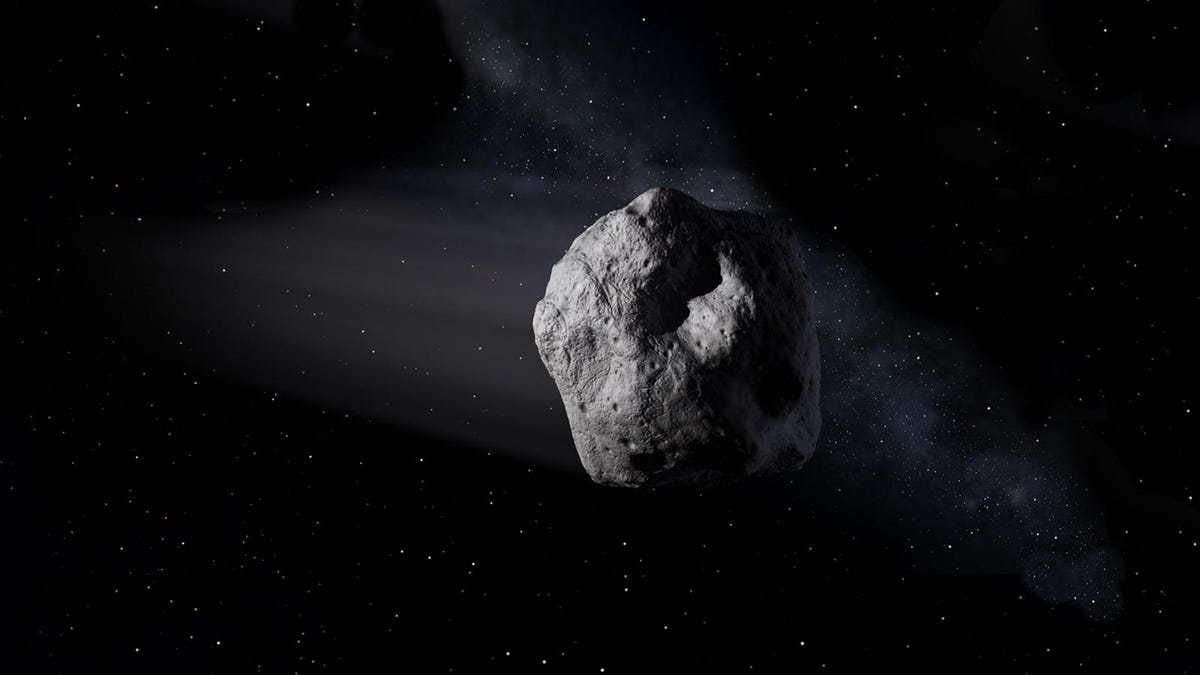US partners with France on space safety and traffic
The two nations say they don't want or need international space regulation.

A NASA illustration of an asteroid in space.
The US and France have partnered up on commercially developing space, including managing space traffic and developing "space situational awareness." US Secretary of Commerce Wilbur Ross signed a declaration of intent with French space agency Centre National d'Etudes Spatiales on Wednesday. The agreement came during the International Astronautical Congress in Washington, DC.
The agreement is "crucial," Ross said, as nations "quickly race towards a trillion-dollar space economy."
The partnership "will also enable stimulating innovation, scientific and technological research, sharing SSA (space situational awareness) information on space objects and events, and improving operational coordination and communication for collision avoidance," Centre National d'Etudes Spatiales (CNES) President Jean-Yves Le Gall said.
The two nations have yet to implement a memorandum of understanding and reach an agreement on how to manage space traffic for safety and sustainability, the CNES president added.
The current agreement lays out the countries' regular coordination; exchange of information; and cooperation on research, exploration, development and use of traffic management, space safety and SSA by public and private entities.
It also contains the "agreement that, at this time, international regulation of space is neither desirable nor necessary."
When establishing the United States Space Command in August as part of the military, President Donald Trump called space "the next war-fighting domain" and the "ultimate high ground."
SpaceCom will be the 11th combatant command, Trump said, with space being treated as an independent region to be overseen. Space is central to "America's national security and defense," the president said at the time.
Trump said SpaceCom will be followed by the establishment of a Space Force as the sixth branch as the US armed forces.

